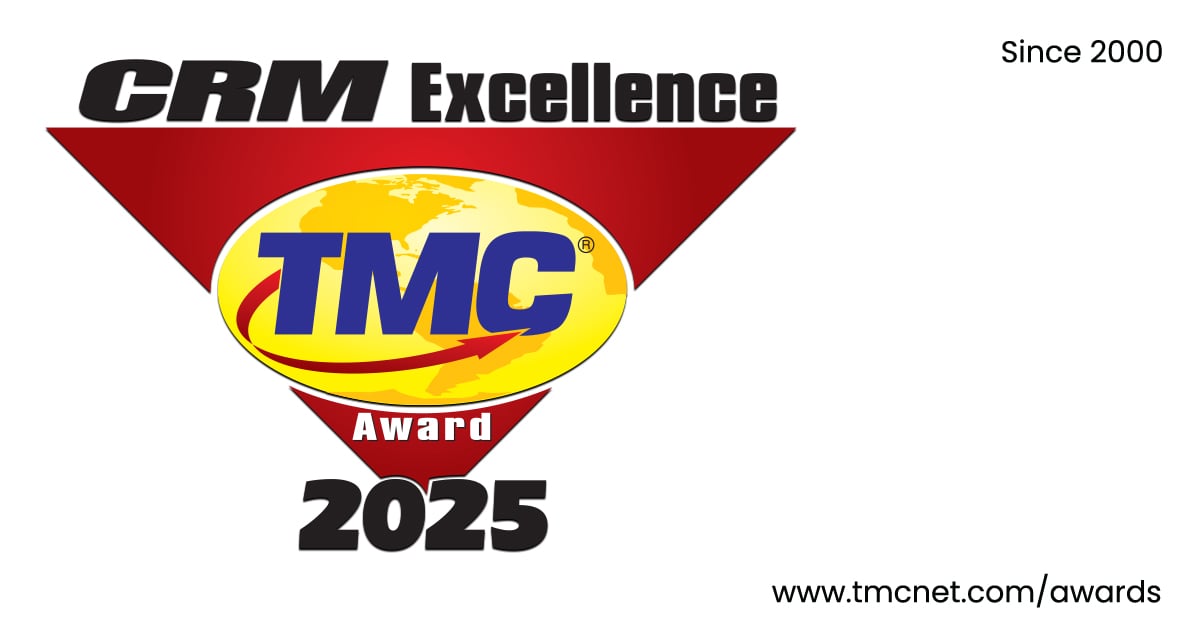
Many workers rightly aspire to be promoted to manager status during their careers. It’s a noble goal to aim for.
That said, some employees don’t plan beyond this achievement. Because promotions can be so hard to come by, they can almost feel like an ultimate end goal rather than a stepping stone to an even more bountiful career later down the line.
Therefore, some managers can become complacent in their roles. The monotony of a reliable routine sets in, and it can seem like one has run out of track regarding further career advancement.
How can you ensure you’re making the most of being a manager? Are there ways to keep testing yourself? Can you advance beyond the position? Find out the answers to these questions and more after the jump.
Confront Your Weaknesses
Everybody has weaknesses. Even professionals with decades of experience in your industry will have flaws.
Confront your own shortcomings. These could involve complex matters or even your most basic soft skills. Do you use all the latest management software features correctly? Are you prone to having typos in your work? Can you give others more prep and notice before meetings to ensure they’re spent as productively as possible? There’s always more to refine about your approach to managing.
Remember, your smaller weaknesses are worth addressing too. While minor quibbles in your performance and skillset might seem inconsequential, being able to realise your highest expectations of yourself can be an immensely fulfilling process. There’s always more to work on with yourself, which should be exciting rather than triggering any anxieties. It’s also more productive to self-improve than to stagnate in self-criticism.
Take Online Management Courses
Training can be organised and scheduled by a business, but it can also be independently sought too. Branching out your managerial skills on your own terms as well can keep you stimulated in your role.
For example, the University of Cape Town’s management online short courses can provide much career enrichment and help you meet your development goals. Different management areas are explored here, from supply chain management and logistics to event coordination. These training facilities can improve your practical management skills, helping you develop your interests and further boost your confidence.
Your efforts around training benefit others, too. The better equipped you are to manage effectively, the more the business and everyone within it benefits. You can discuss all your findings with others or even recommend the training materials to others too. Career development can be a source of common ground, the reliable foundation for more promising workplace relationships.
Foster Closer Working Relationships
Workers aspire to become managers for their career growth. However, these roles mean that you’re responsible for others, to a point, as well. Shifting that perspective and becoming more selfless in your duties could boost your motivation levels.
After all, a decent boss can hugely impact workplace morale and be the glue of a competent workforce. You could also be an inspiration if representation is lacking in your workplace today. Instead of ‘going through the motions’, chasing the feeling of helping others and making work life better for everyone could spur you on to try your best every day.
There are both professional and personal ways to bring your subordinates together, too. Staff social events may be enough to unify people on a more personal level and bring human quality to the work culture. Mentoring programmes could facilitate closer bonds on the professional side,
Avoid Micromanaging
One practice that will undoubtedly compromise workplace relationships is micromanaging. It’s something you should consistently avoid.
While you might think you’re ensuring quality control by monitoring your workers closely, you’ll likely only frustrate yourself and others by adhering to these practices. Moreover, micromanaging can also lead to wasted time, as you could devote yourself to your tasks instead of boring yourself with other people’s work.
Reaching your full potential as a manager involves you placing trust in others. Performance reviews are often necessary, but these instances should always be scheduled and structured rather than spontaneously and continuously undertaken. You’ll miss out on the big-picture thinking managers sometimes require if you constantly try to tweak other people’s capabilities.
Monitor Competitors
While your friends and colleagues can teach you many things about yourself as a manager, your rivals can too. Competitors can show you how to think outside the box in your position.
How does a competitor’s vision compare to the business you work for? Are there any lessons that can be heeded from their activities? Can you employ benchmarking tactics when analysing their processes?
Of course, caution is advised here. As a manager, you’re obligated to procure competitor information in ethical and legal ways. Procure publicly available data only; marketing materials, annual reports, and regulatory filings are good examples. That way, you can avoid any unnecessary legal trouble and any reputational knocks that come with it.
Improve all the different facets of your managerial style and build a better working life for yourself and others, and you’ll surely reach your full potential as a manager.





